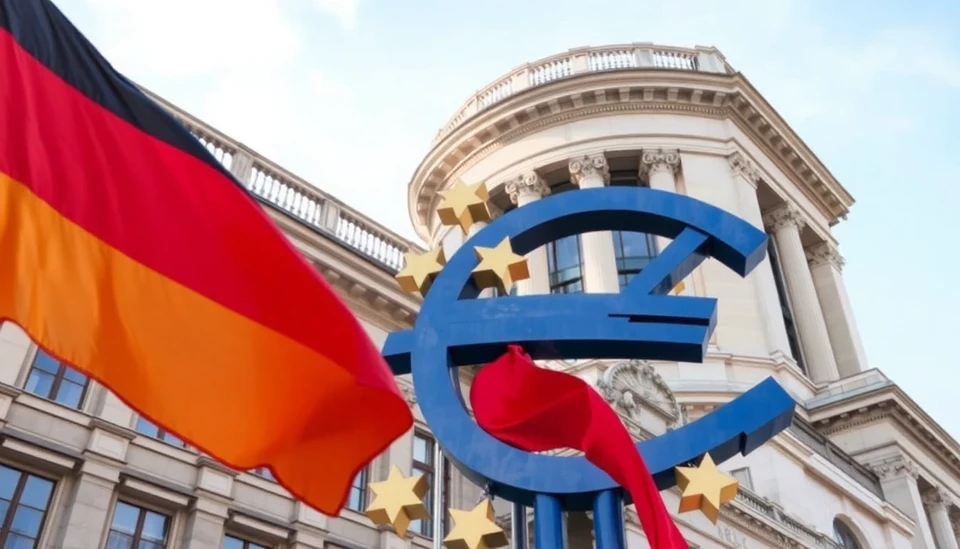
The atmosphere in Germany's business environment has taken a noticeable downturn, marked by growing trepidation about future economic conditions. A recent survey conducted among German companies reveals a stark decline in optimism, reflecting the mounting pressures and uncertainties that businesses are facing in the current economic landscape.
According to the latest report released by the Ifo Institute, a key measure of business sentiment known as the Ifo Business Climate Index has fallen drastically. Nearly 1,000 businesses participated in the survey, which showed a heightened sense of pessimism not seen in recent times. The index dipped to a score that far undercuts forecasts, signaling alarm over potential economic stagnation.
This slump in business confidence is primarily attributed to various external factors, including persistent inflation that continues to strain household budgets and consumer spending. The rising cost of living, compounded by ongoing geopolitical tensions and uncertainties in global markets, has led businesses to reassess their growth strategies and investment plans.
Furthermore, manufacturing sectors, which are critical to the German economy, reported particularly bleak outlooks. A combination of falling demand, supply chain disruptions, and worries over energy prices have contributed to a sentiment of caution among manufacturers. The construction sector has not been spared either, as rising interest rates are dampening property investment and weakening project leads.
Business leaders and analysts are urging policymakers to tackle these economic challenges head-on. Calls for targeted government intervention to stimulate economic activity and support struggling sectors have grown louder, as many fear that without decisive action, Germany risks slipping into a recession. The current tepid outlook could hinder job creation and long-term economic stability.
Alongside domestic concerns, the global economic environment remains shaky. Analysts point to a slowdown in major economies, with fears that a recession in other parts of the world could further exacerbate the challenges faced by German businesses. Many firms are bracing for more difficult trading conditions ahead and are making contingency plans to weather the uncertain climate.
As the situation evolves, stakeholders are carefully monitoring these developments. Business associations are advocating for a collaborative approach, encouraging open dialogue between the government and industry players to ensure a proactive response to the pressing issues that threaten the economic landscape.
The fall in the Ifo Business Climate Index is not just a statistical observation; it reflects the broader sentiment of anxiety that permeates the German economic sectors. With multiple factors at play, the coming months will be critical in determining how quickly and effectively businesses can adapt to these unfolding challenges.
In conclusion, the current dip in German business outlook underscores a complex web of economic uncertainties that demand immediate and robust responses. As firms navigate this precarious situation, the focus remains on resilience and the potential for recovery through strategic solutions.
#GermanEconomy #BusinessSentiment #EconomicUncertainty #IfoInstitute #ManufacturingCrisis #InflationConcerns #RecessionRisks #InvestmentStrategies #PolicyIntervention #GlobalEconomy
Author: Daniel Foster




